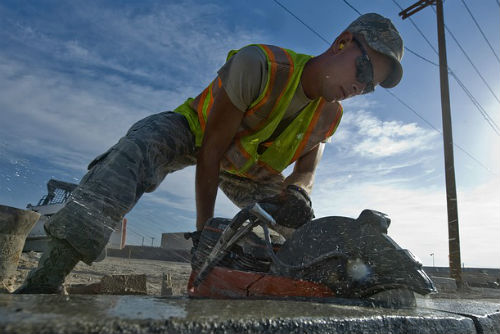
Injured During Seasonal Employment? Get the Workers’ Comp You Deserve in Ohio
Ohio requires that most employers carry workers’ compensation insurance, which provides coverage for both full-time and part-time employees, including seasonal workers. This means if you get injured while performing your job duties, you are eligible to file a claim—even if your job is temporary or short-term.
Common Injuries in Seasonal Jobs
Seasonal jobs can sometimes be fast-paced and physically demanding, increasing the risk of injury. Here are a few common injuries seasonal workers may encounter:
- Warehouse Injuries: Strains from lifting heavy items or slips and falls.
- Retail Injuries: Trips and falls, back injuries from stocking shelves, or accidents involving ladders.
- Outdoor Work Injuries: Heat-related illnesses, falls, or injuries from equipment.
What to Do If You’re Injured on the Job
If you experience an injury at work, follow these steps to protect your right to compensation:
- Report the Injury Immediately: Ohio law requires you to notify your employer as soon as possible after an injury. Failing to report in a timely manner could jeopardize your claim.
- Seek Medical Treatment: Get medical attention right away, even if your injury seems minor. Your employer may recommend a healthcare provider, but in Ohio, you are free to choose your own doctor from the Bureau of Workers’ Compensation (BWC) network.
- File a Claim: You (or your employer) must file a First Report of Injury (FROI) with the Ohio BWC. This begins the official claims process.
How an Attorney Can Help With Seasonal Job Claims
While seasonal workers are entitled to the same benefits as full-time employees, filing a claim can be challenging. Here are a few reasons hiring a workers’ compensation attorney may be a smart move:
- Clarifying Eligibility: Some employers might mistakenly tell workers they aren’t eligible because they are seasonal. An attorney can verify your eligibility under Ohio law.
- Appealing a Denial: If your claim is denied, an attorney can help you navigate the appeals process, which can be complex.
- Ensuring Maximum Benefits: Temporary and seasonal jobs often lack clarity around wages and hours worked, which can affect how benefits are calculated. An attorney can help ensure you get the compensation you deserve.
What Benefits Are Available?
Seasonal workers injured on the job in Ohio may be eligible for:
- Medical coverage for necessary treatments related to the injury.
- Temporary Total Compensation (TTC): If your injury prevents you from working, you may receive a portion of your lost wages during recovery.
- Rehabilitation services to help you return to work.
Conclusion: Know Your Rights
Whether you’re working a holiday shift at a retail store or doing outdoor labor, your safety matters. Ohio’s workers’ compensation laws are designed to protect all employees—seasonal workers included. If you’ve been injured on the job, acting quickly and seeking legal help can make all the difference in securing the benefits you need.
If you have questions about filing a workers’ compensation claim or your claim has been denied, we’re here to help. Contact us today for a free consultation. We’ll guide you through the process and ensure you get the support you need.





